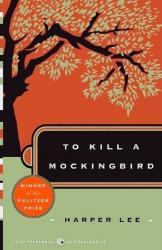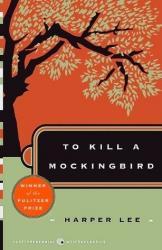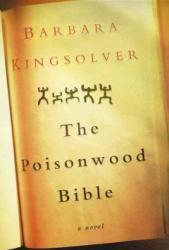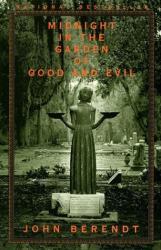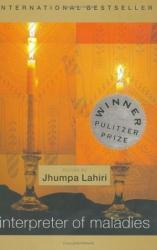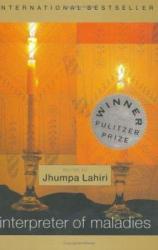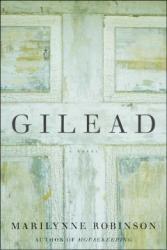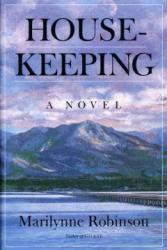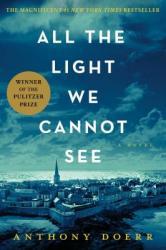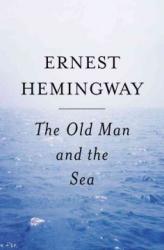Book Review: To Kill A Mockingbird
This book is an examination of racial tensions and living as someone who defies the social norms to do greater good. It follows a small family that consists of a father and his two children. The father, a lawyer, becomes the first white man in his time and area to defend a black man in court, alienating himself and his family from the rest of their society (because he did what was practically unspeakable in the town's eyes). A fascinating series of events ensue, in which the children grow up learning what it feels like to feel prejudice and can thus empathize with the struggle that colored people around them face. The father must sacrifice his social standing and endure hatred and threats because he chooses to defend the truth, rather than the race. All in all, I would recommend this book not only for its complex and very interesting plot, but also for its analysis of racism and human nature in regards to the greater good and a sense of humanity. Themes of empathy and sacrifice then escalate the plot to its famous and unexpected finale. It is worth the read even only for the father's speech in court towards the end of the book, where he makes his case in favor of a colored man. I would give this book five out of five stars.



